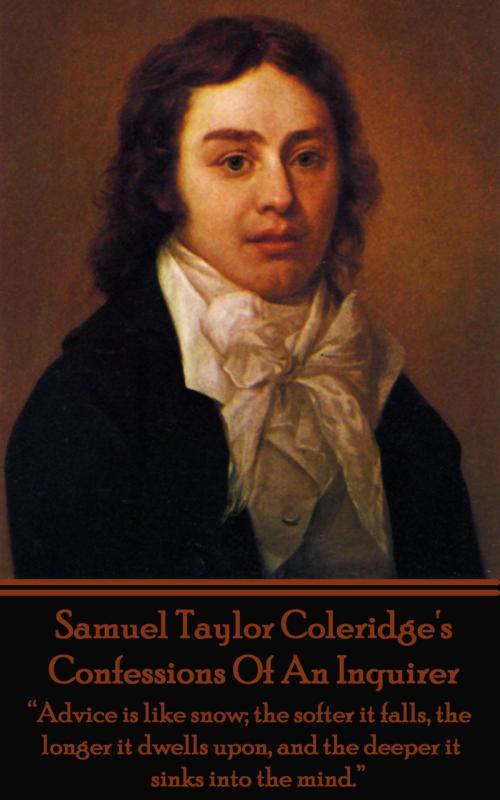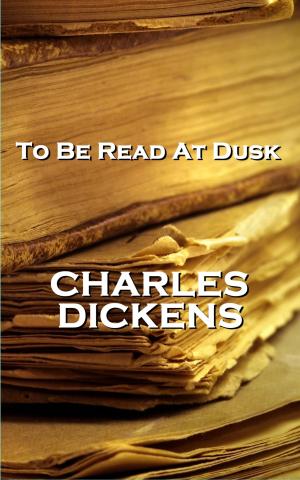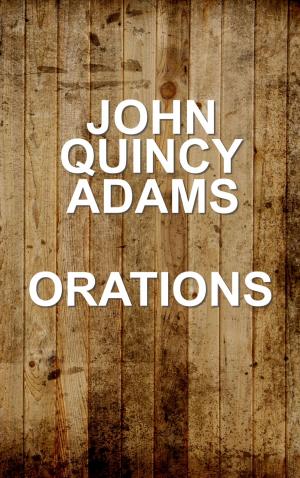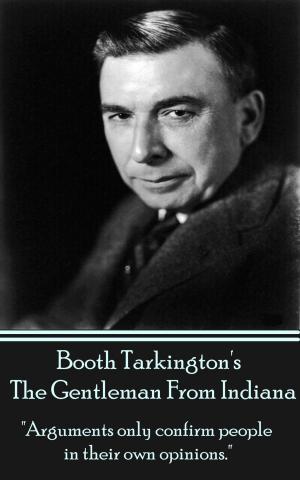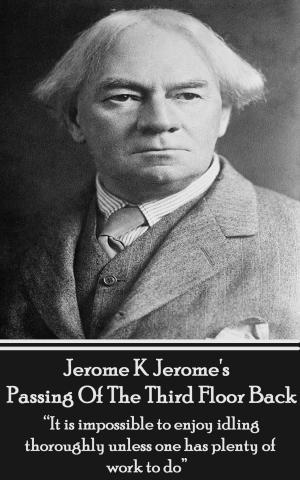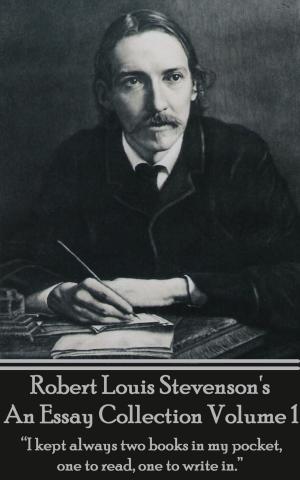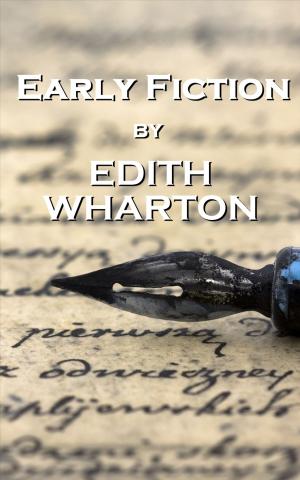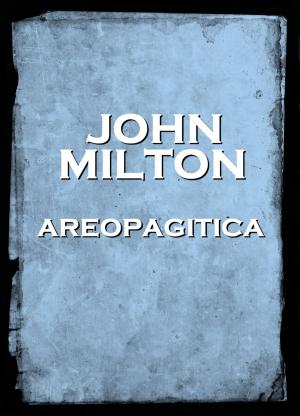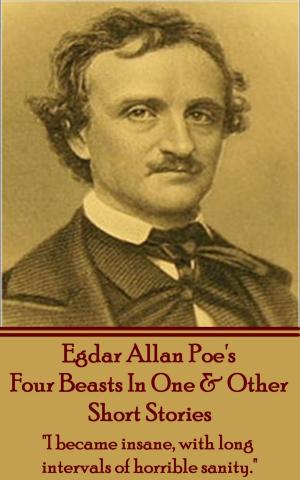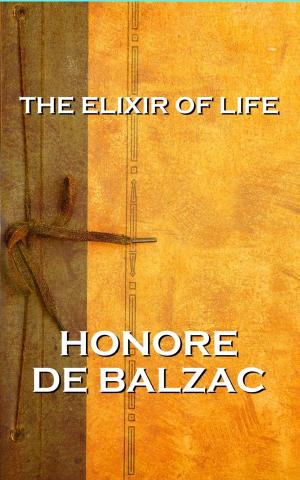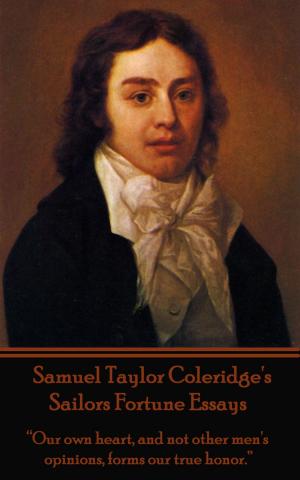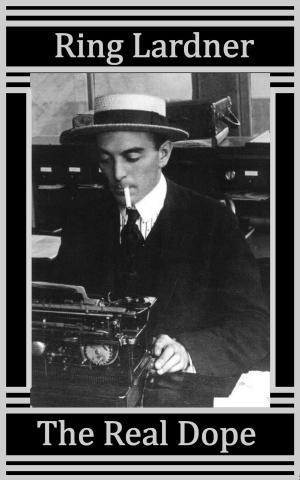| Author: | Samuel Taylor Coleridge | ISBN: | 9781780009353 |
| Publisher: | A Word To The Wise | Publication: | December 15, 2009 |
| Imprint: | Language: | English |
| Author: | Samuel Taylor Coleridge |
| ISBN: | 9781780009353 |
| Publisher: | A Word To The Wise |
| Publication: | December 15, 2009 |
| Imprint: | |
| Language: | English |
Samuel Taylor Coleridge was born on October 21st, 1772 in Ottery St Mary, Devon, England. As a young child he was an early and devoted reader having no time for play or sports. After his father died in 1781, 8-year-old Samuel was sent to Christ's Hospital, a charity school founded in the 16th century in Greyfriars, London, where he remained throughout childhood, studying and writing poetry. From 1791 Coleridge attended Jesus College, Cambridge and in 1792, he won the Browne Gold Medal for an ode on the slave trade. In December 1793, he left the college to enlist in the Royal Dragoons using the name "Silas Tomkyn Comberbache". His brothers arranged for his discharge a few months later under the reason of "insanity" and he was readmitted to Jesus College, though never to receive a degree. At the university, he was introduced to political and theological ideas including those of the poet Robert Southey. In 1795, the two friends married sisters Sarah and Edith Fricker, Bristol, but Coleridge's marriage with Sarah proved unhappy. He grew to detest his wife. Coleridge made plans to establish a journal, The Watchman, to be printed every eight days in order to avoid a weekly newspaper tax. The first issue was published in March 1796; it ceased publication in May the same year. The years 1797 and 1798, during which he lived in what is now known as Coleridge Cottage, in Nether Stowey, Somerset, were among the most fruitful of Coleridge's life. Besides the Rime of The Ancient Mariner, he composed the symbolic poem Kubla Khan, writtenColeridge himself claimedas a result of an opium dream, in "a kind of a reverie"; and the first part of the narrative poem Christabel well as his much-praised "conversation" poems This Lime-Tree Bower My Prison, Frost at Midnight, and The Nightingale. In 1798, Coleridge and his friend William Wordsworth published a joint volume of poetry, Lyrical Ballads, which proved to be the starting point for the English romantic age. In the autumn of 1798, Coleridge and Wordsworth left for a stay in Germany; Coleridge soon went his own way and spent much of his time in university towns developing an interest in German philosophy, especially that of Immanuel Kant, and the literary criticism of the 18th century dramatist Gotthold Lessing. Coleridge studied German and, after his return to England, translated the dramatic trilogy Wallenstein by the German Classical poet Friedrich Schiller into English. In 1800, he returned to England and shortly thereafter settled with his family and friends at Keswick in the Lake District of Cumberland to be near Grasmere, where Wordsworth had moved. Soon, however, he was beset by marital problems, illnesses, increased opium dependency, tensions with Wordsworth, and a lack of confidence in his poetic powers, all of which fuelled the composition of Dejection: An Ode and an intensification of his philosophical studies. Between 1810 and 1820, this "giant among dwarfs", as he was often considered by his contemporaries, gave a series of lectures in London and Bristol. Much of Coleridge's reputation as a literary critic is founded on the lectures that he undertook in the winter of 181011 which were sponsored by the Philosophical Institution and given at Scot's Corporation Hall off Fetter Lane, Fleet Street. These lectures were heralded in the prospectus as "A Course of Lectures on Shakespeare and Milton, in Illustration of the Principles of Poetry." Coleridge's ill-health, opium-addiction problems, and somewhat unstable personality meant that all his lectures were plagued with problems of delays and a general irregularity of quality from one lecture to the next. Furthermore, Coleridge's mind was extremely dynamic and his personality was spasmodic. Coleridge often failed to prepare anything but the loosest set of notes for his lectures and regularly entered into extremely long digressions which his audiences found difficult to follow. However, the lecture on Hamlet given on 2 January 1812 was considered the best and has influenced Hamlet studies ever since. In August 1814, Coleridge was approached by Lord Byron's publisher about the possibility of translating Goethe's classic Faust (1808). Coleridge was regarded by many as the greatest living writer on the demonic and he accepted the commission, only to abandon work on it after six weeks. Some say it was published anonymously in 1821. In 1817, Coleridge, with his addiction worsening, his spirits depressed, and his family alienated, took residence in the Highgate home of the physician James Gillman. Gillman was partially successful in controlling the poet's addiction. Colerdige remained there for the rest of his life, and the house became a place of literary pilgrimage. In Gillman's home, he finished his major prose work, the Biographia Literaria (1817), a volume composed of 23 chapters of autobiographical notes and dissertations on various subjects, including some incisive literary theory and criticism. He composed much poetry here and had many inspirations a few of them from opium overdose. Perhaps because he conceived such grand projects, he had difficulty carrying them through to completion, and he berated himself for his "indolence". It is unclear whether his growing use of opium (and the brandy in which it was dissolved) was a symptom or a cause of his growing depression. He published other writings while he was living at the Gillman home, notably Sibylline Leaves (1817), Aids to Reflection (1825), and Church and State (1826). He died in Highgate, London on 25 July 1834 as a result of heart failure compounded by an unknown lung disorder, possibly linked to his use of opium.
Samuel Taylor Coleridge was born on October 21st, 1772 in Ottery St Mary, Devon, England. As a young child he was an early and devoted reader having no time for play or sports. After his father died in 1781, 8-year-old Samuel was sent to Christ's Hospital, a charity school founded in the 16th century in Greyfriars, London, where he remained throughout childhood, studying and writing poetry. From 1791 Coleridge attended Jesus College, Cambridge and in 1792, he won the Browne Gold Medal for an ode on the slave trade. In December 1793, he left the college to enlist in the Royal Dragoons using the name "Silas Tomkyn Comberbache". His brothers arranged for his discharge a few months later under the reason of "insanity" and he was readmitted to Jesus College, though never to receive a degree. At the university, he was introduced to political and theological ideas including those of the poet Robert Southey. In 1795, the two friends married sisters Sarah and Edith Fricker, Bristol, but Coleridge's marriage with Sarah proved unhappy. He grew to detest his wife. Coleridge made plans to establish a journal, The Watchman, to be printed every eight days in order to avoid a weekly newspaper tax. The first issue was published in March 1796; it ceased publication in May the same year. The years 1797 and 1798, during which he lived in what is now known as Coleridge Cottage, in Nether Stowey, Somerset, were among the most fruitful of Coleridge's life. Besides the Rime of The Ancient Mariner, he composed the symbolic poem Kubla Khan, writtenColeridge himself claimedas a result of an opium dream, in "a kind of a reverie"; and the first part of the narrative poem Christabel well as his much-praised "conversation" poems This Lime-Tree Bower My Prison, Frost at Midnight, and The Nightingale. In 1798, Coleridge and his friend William Wordsworth published a joint volume of poetry, Lyrical Ballads, which proved to be the starting point for the English romantic age. In the autumn of 1798, Coleridge and Wordsworth left for a stay in Germany; Coleridge soon went his own way and spent much of his time in university towns developing an interest in German philosophy, especially that of Immanuel Kant, and the literary criticism of the 18th century dramatist Gotthold Lessing. Coleridge studied German and, after his return to England, translated the dramatic trilogy Wallenstein by the German Classical poet Friedrich Schiller into English. In 1800, he returned to England and shortly thereafter settled with his family and friends at Keswick in the Lake District of Cumberland to be near Grasmere, where Wordsworth had moved. Soon, however, he was beset by marital problems, illnesses, increased opium dependency, tensions with Wordsworth, and a lack of confidence in his poetic powers, all of which fuelled the composition of Dejection: An Ode and an intensification of his philosophical studies. Between 1810 and 1820, this "giant among dwarfs", as he was often considered by his contemporaries, gave a series of lectures in London and Bristol. Much of Coleridge's reputation as a literary critic is founded on the lectures that he undertook in the winter of 181011 which were sponsored by the Philosophical Institution and given at Scot's Corporation Hall off Fetter Lane, Fleet Street. These lectures were heralded in the prospectus as "A Course of Lectures on Shakespeare and Milton, in Illustration of the Principles of Poetry." Coleridge's ill-health, opium-addiction problems, and somewhat unstable personality meant that all his lectures were plagued with problems of delays and a general irregularity of quality from one lecture to the next. Furthermore, Coleridge's mind was extremely dynamic and his personality was spasmodic. Coleridge often failed to prepare anything but the loosest set of notes for his lectures and regularly entered into extremely long digressions which his audiences found difficult to follow. However, the lecture on Hamlet given on 2 January 1812 was considered the best and has influenced Hamlet studies ever since. In August 1814, Coleridge was approached by Lord Byron's publisher about the possibility of translating Goethe's classic Faust (1808). Coleridge was regarded by many as the greatest living writer on the demonic and he accepted the commission, only to abandon work on it after six weeks. Some say it was published anonymously in 1821. In 1817, Coleridge, with his addiction worsening, his spirits depressed, and his family alienated, took residence in the Highgate home of the physician James Gillman. Gillman was partially successful in controlling the poet's addiction. Colerdige remained there for the rest of his life, and the house became a place of literary pilgrimage. In Gillman's home, he finished his major prose work, the Biographia Literaria (1817), a volume composed of 23 chapters of autobiographical notes and dissertations on various subjects, including some incisive literary theory and criticism. He composed much poetry here and had many inspirations a few of them from opium overdose. Perhaps because he conceived such grand projects, he had difficulty carrying them through to completion, and he berated himself for his "indolence". It is unclear whether his growing use of opium (and the brandy in which it was dissolved) was a symptom or a cause of his growing depression. He published other writings while he was living at the Gillman home, notably Sibylline Leaves (1817), Aids to Reflection (1825), and Church and State (1826). He died in Highgate, London on 25 July 1834 as a result of heart failure compounded by an unknown lung disorder, possibly linked to his use of opium.
